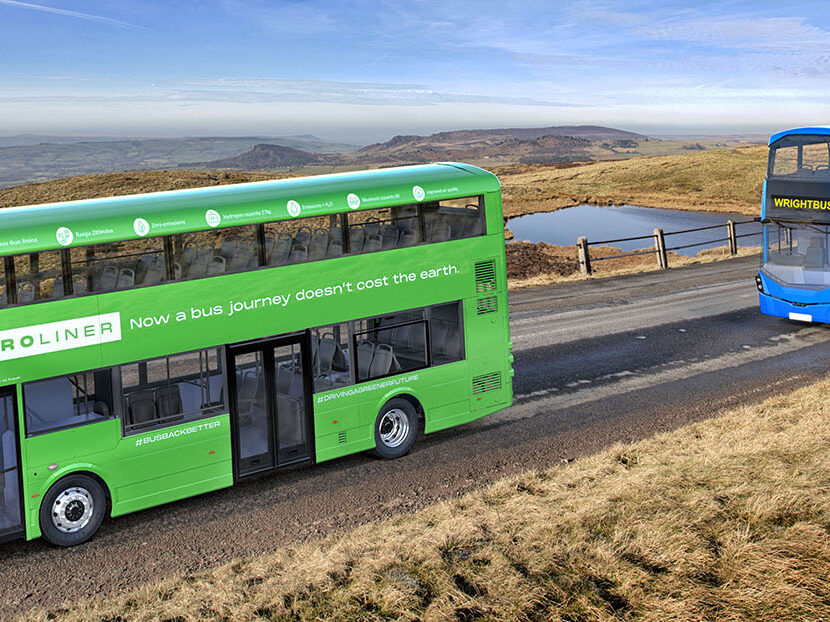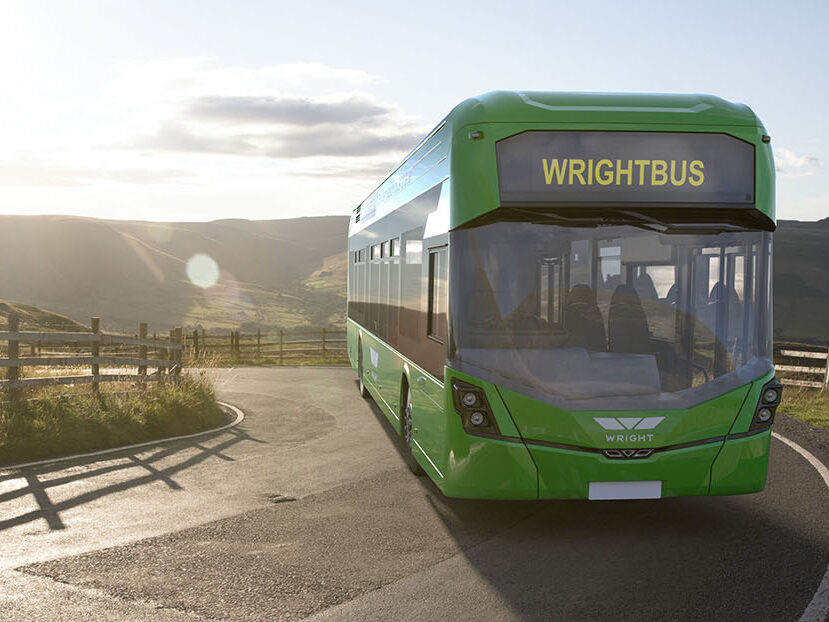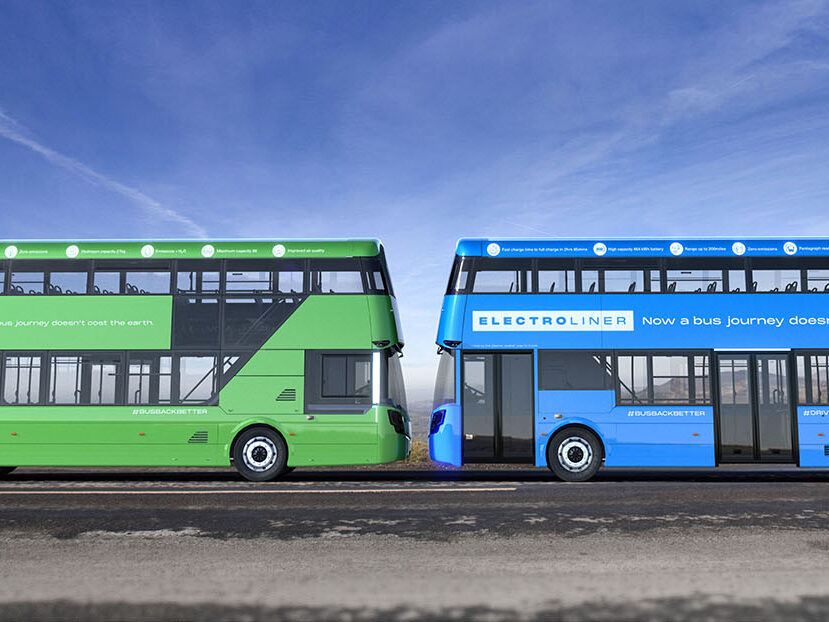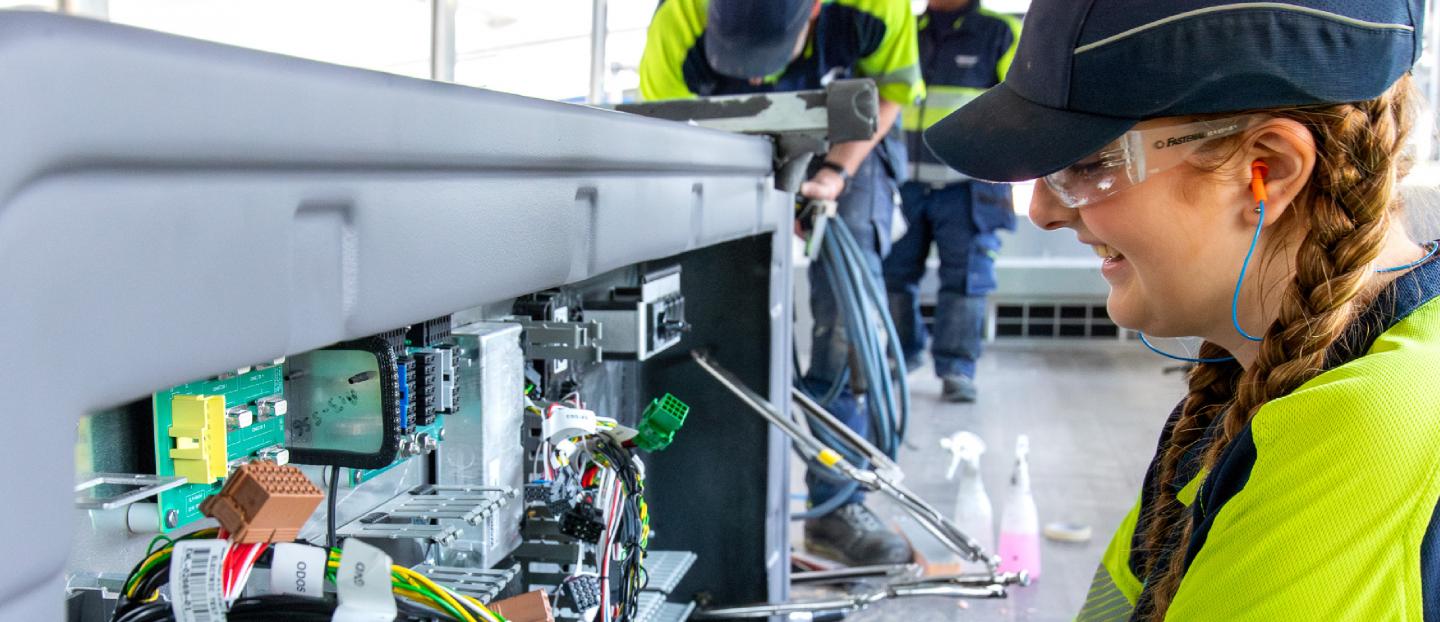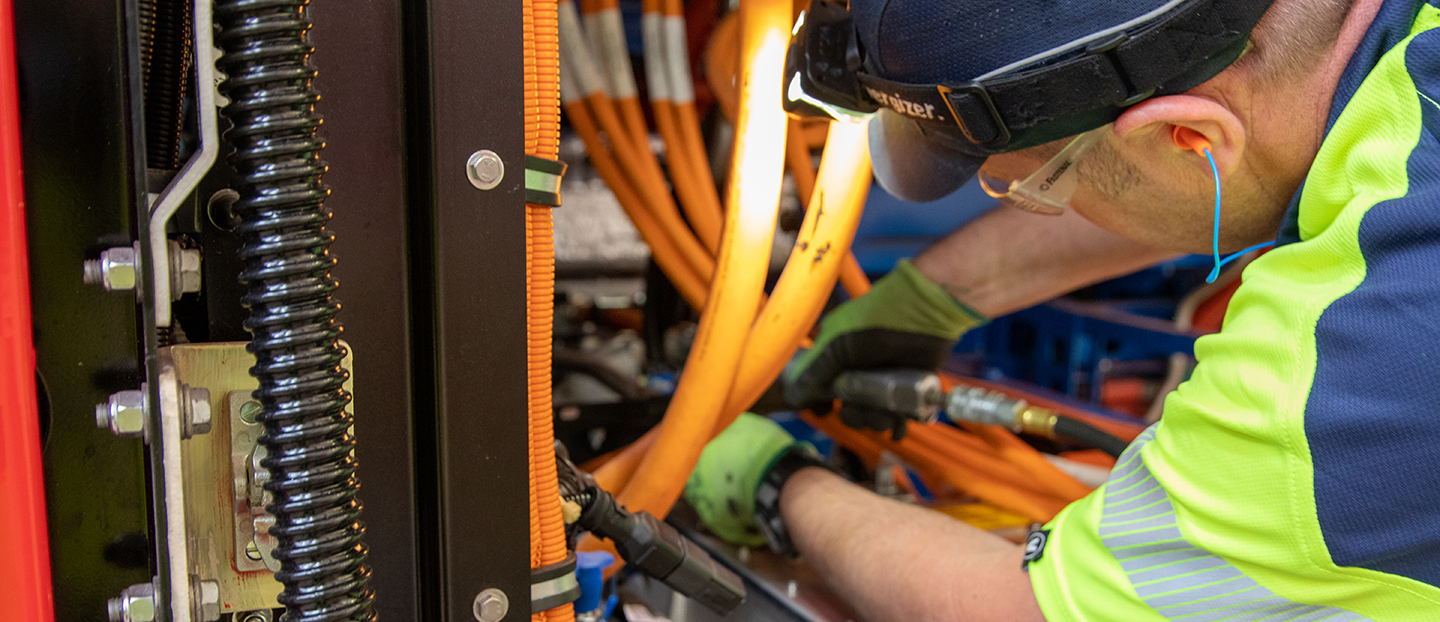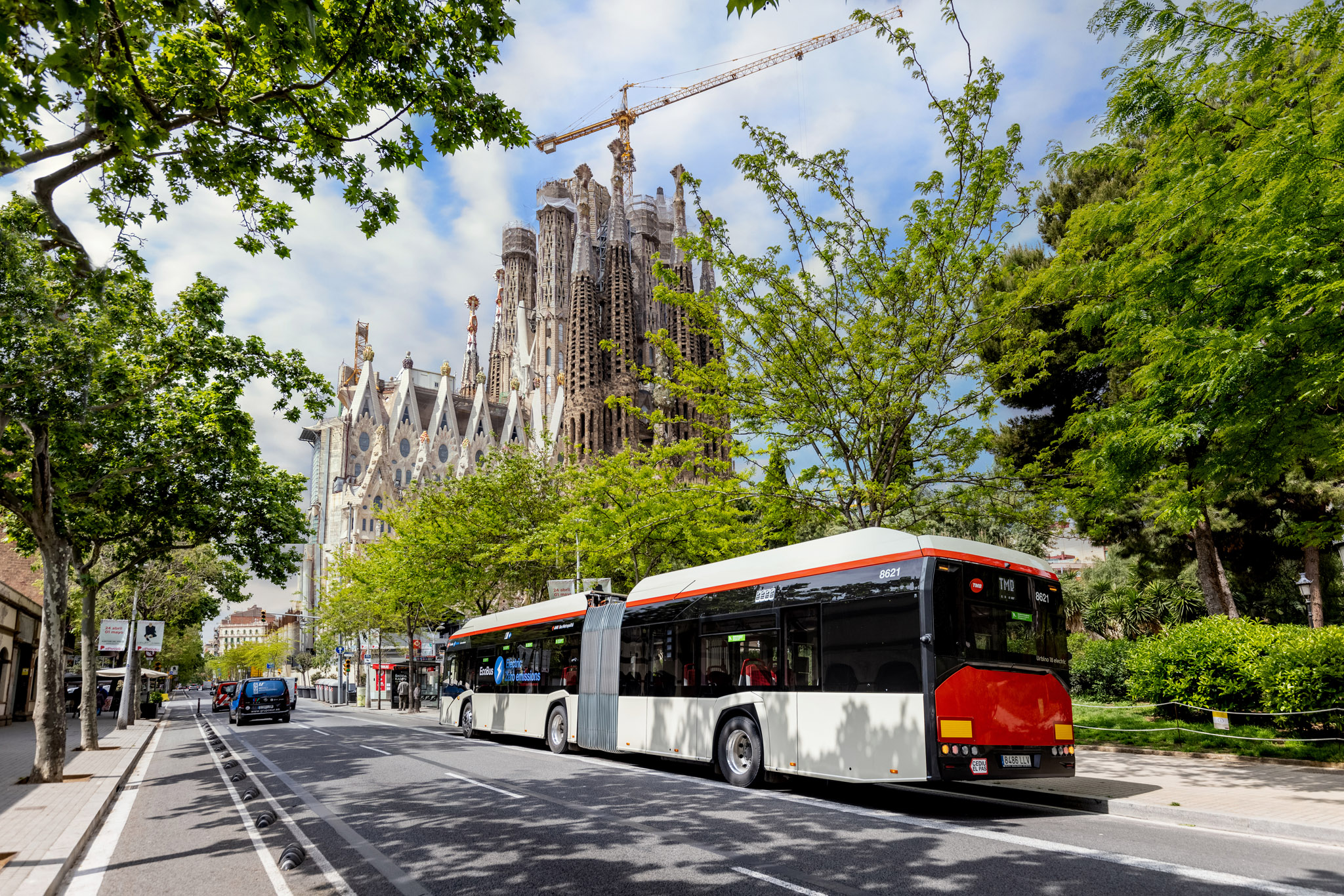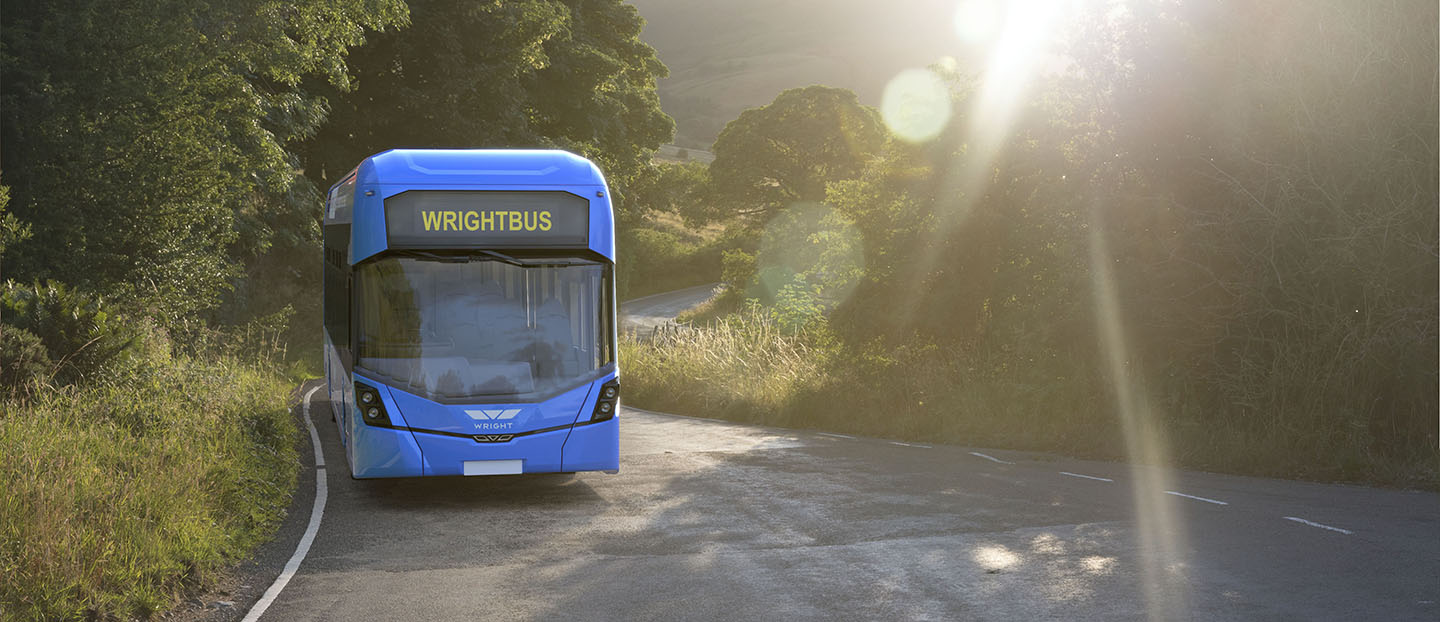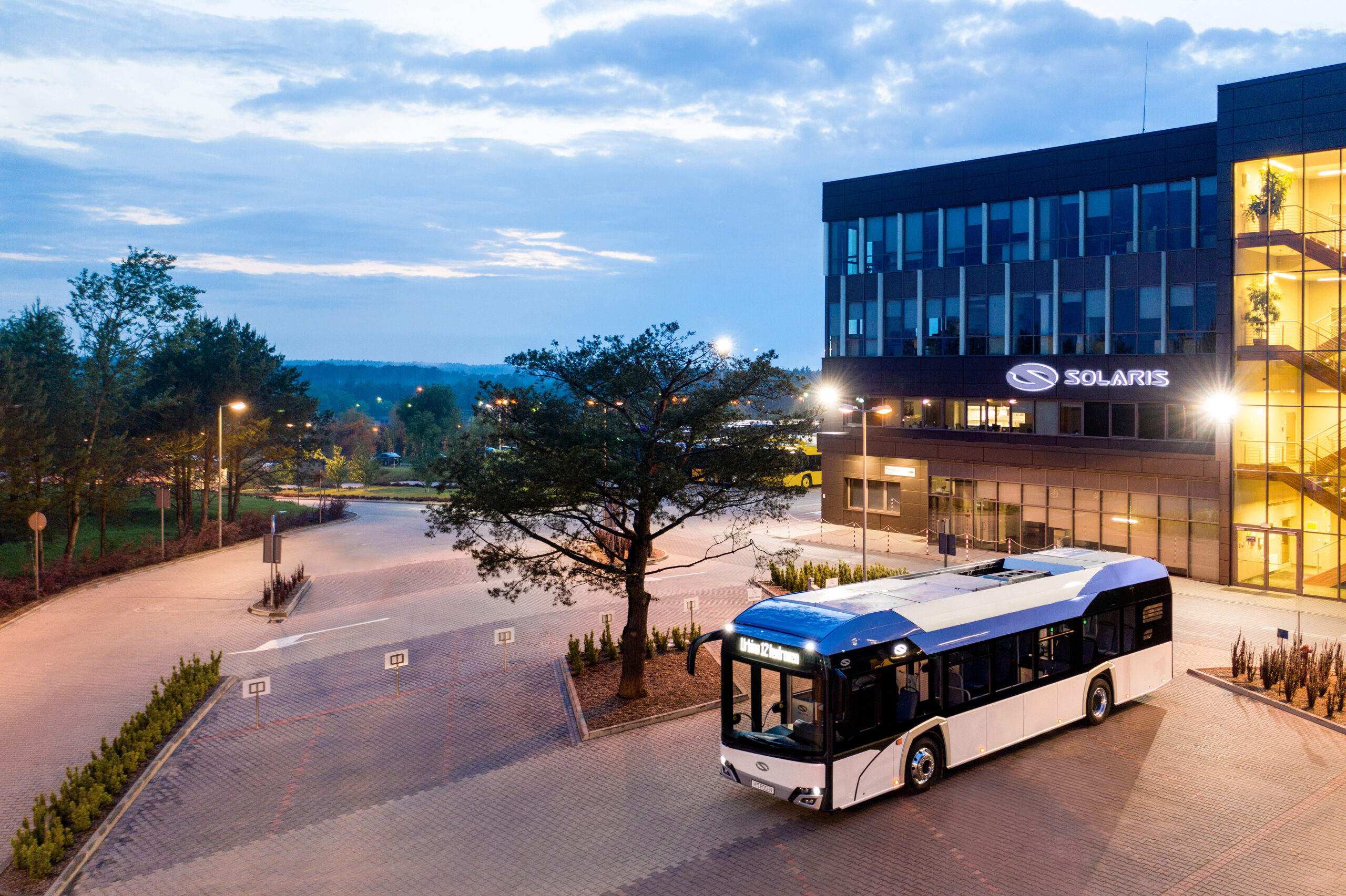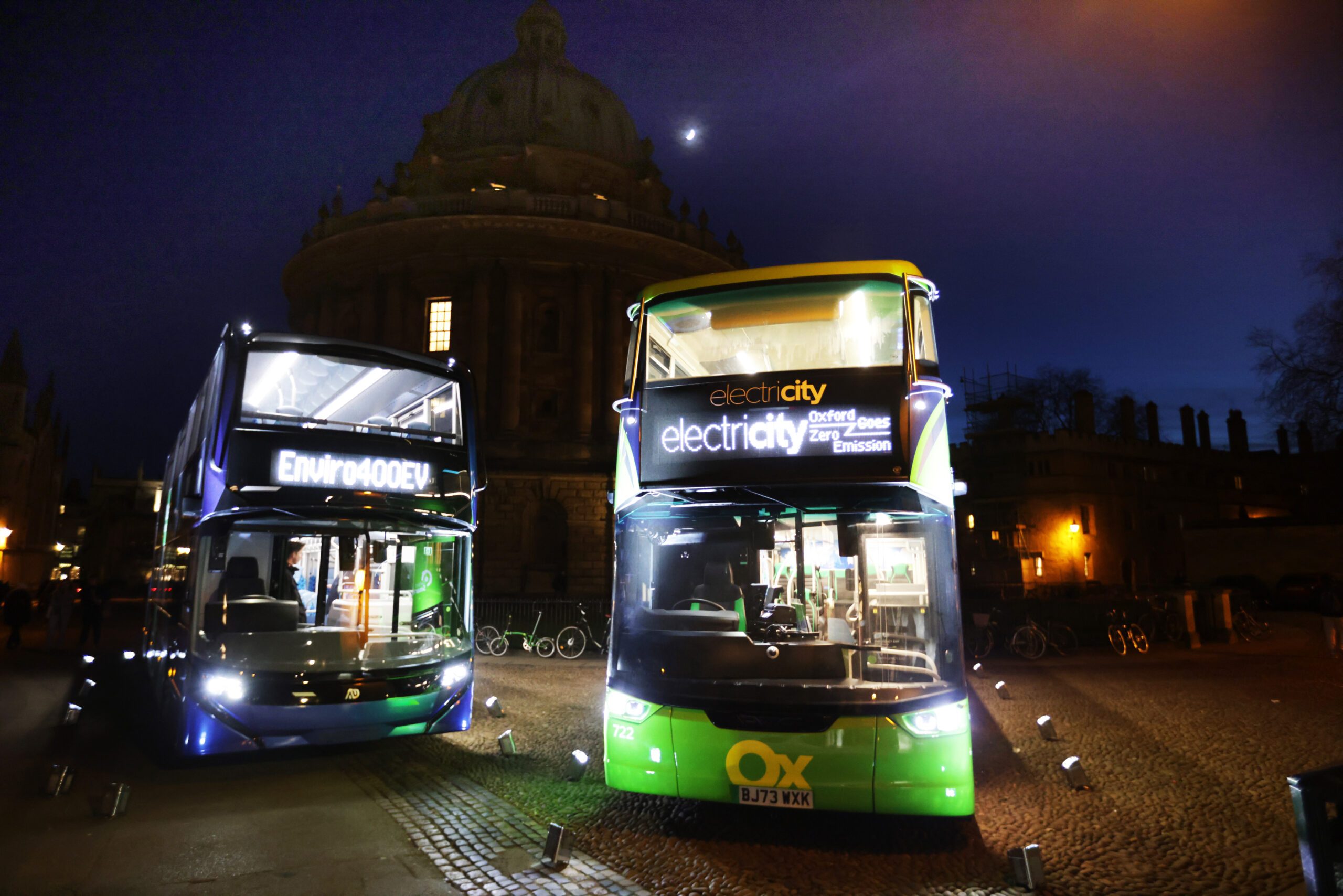As urban areas worldwide grapple with air pollution and seek innovative ways to combat climate change, zero-emissions vehicles are emerging as a beacon of hope.
In London, the introduction of hydrogen buses stands as a testament to the city’s commitment to cleaner transport solutions. In this blog, we’ll delve into the world of zero-emissions vehicles and explore the role of hydrogen buses in London’s sustainable transportation landscape.
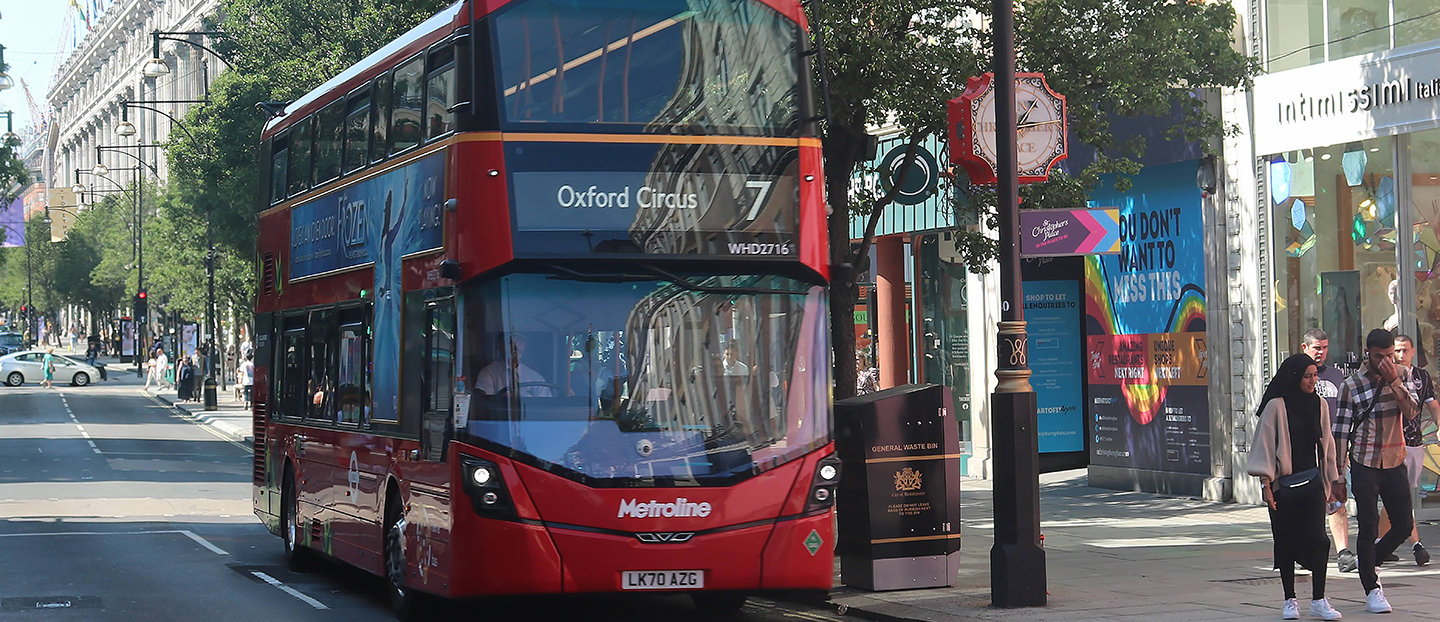
Zero-Emissions Vehicles: A Green Revolution
Addressing Air Quality
Zero-emissions vehicles, as the name suggests, produce no tailpipe emissions during operation. This feature is critical in densely populated urban centers like London, where air quality concerns are paramount.
Reducing Carbon Footprint
By relying on clean energy sources such as electricity or hydrogen, zero-emissions vehicles help reduce the carbon footprint associated with traditional internal combustion engines. This transition is essential to meet emission reduction targets and combat global climate change.
Hydrogen Buses in London: Powering Progress
Hydrogen Fuel Cell Technology
Hydrogen buses utilize fuel cell technology to convert hydrogen gas into electricity. This electricity powers electric motors, resulting in a silent and efficient mode of transportation. The only emission produced is water vapor, making hydrogen buses a true zero-emissions solution.
Advantages of Hydrogen Buses
Extended Range
Hydrogen buses offer longer driving ranges compared to battery electric buses. This makes them a suitable option for routes that require more extensive coverage without the need for frequent recharging.
Rapid Refueling
Unlike battery electric buses that require longer charging times, hydrogen buses can be refueled quickly, similar to refueling traditional fossil fuel vehicles. This reduces downtime and keeps the buses in operation efficiently.
London’s Hydrogen Bus Initiative
Leading by Example
London has taken bold steps to integrate hydrogen buses into its public transportation network. This initiative aligns with the city’s commitment to improving air quality and reducing emissions, as outlined in its environmental policies.
Air Quality Improvements
Hydrogen buses contribute significantly to enhancing air quality in London. As they ply the streets, they release only water vapor, helping to mitigate the negative health impacts of air pollution on residents.
Challenges and Future Prospects
Infrastructure Development
The expansion of hydrogen infrastructure, including refueling stations, is a crucial factor in the widespread adoption of hydrogen buses. Continued investment in this area is essential to support the growth of zero-emissions transportation.
Technological Advancements
As hydrogen fuel cell technology continues to advance, the efficiency, performance, and affordability of hydrogen buses are likely to improve. This will make them even more attractive as a sustainable transit solution.
Conclusion: A Sustainable Journey Forward
Hydrogen buses in London are emblematic of the city’s dedication to creating a cleaner and more sustainable urban environment. By embracing zero-emissions technology, London is not only setting an example for other cities but also paving the way for a future where hydrogen buses play a pivotal role in revolutionizing public transportation. As the world shifts towards greener solutions, hydrogen buses stand as a testament to the power of innovation and collaboration in shaping a cleaner, healthier, and more sustainable future for urban mobility.
This article was originally published by Wrightbus.


